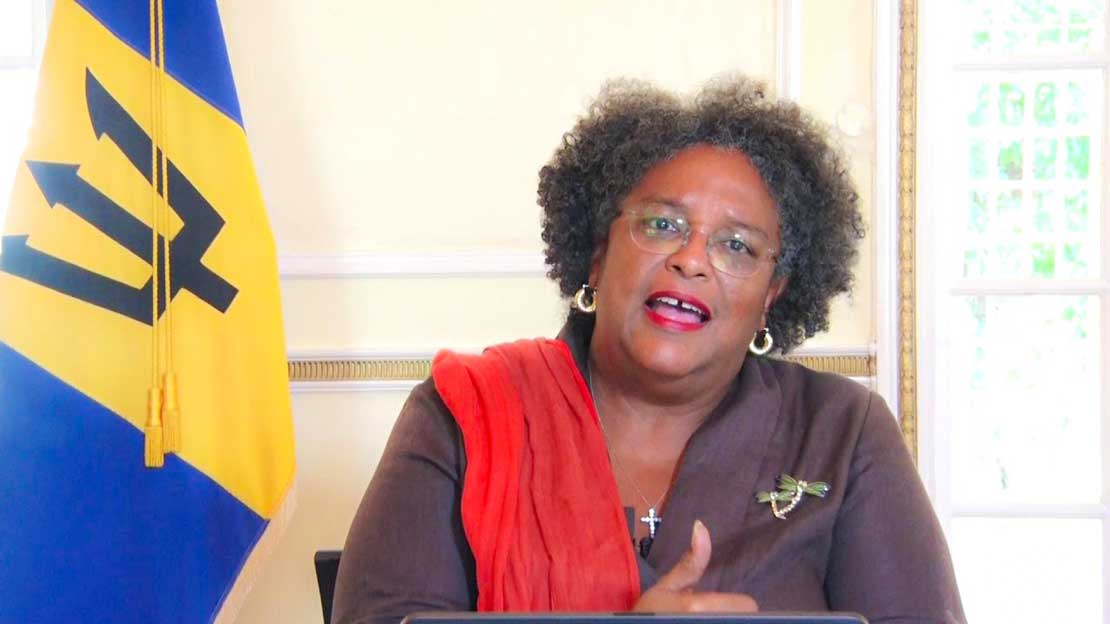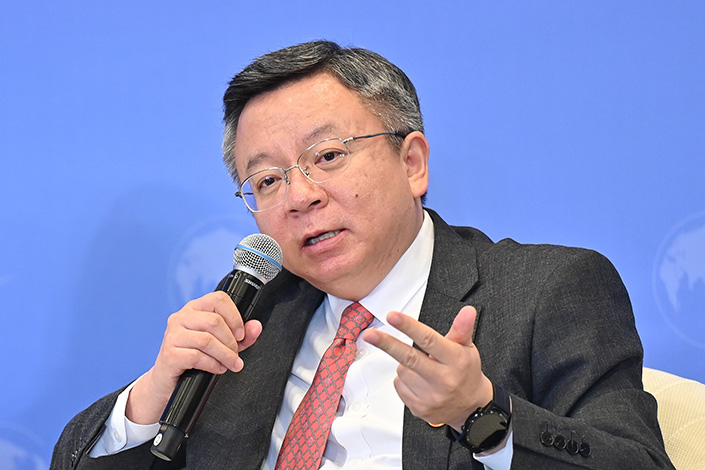BARBADOS | Successful IMF Review Unlocks approximately US$76 million in financial Flows

Washington, DC – December 18, 2023: In a significant acknowledgment of Barbados' economic resilience and reformative strides, the IMF's Executive Board has concluded its Article IV consultation with Barbados, marking another positive turn in the country's economic trajectory.
The successful completion of the second reviews of the EFF and RSF arrangements unlocks substantial financial resources for Barbados, amounting to approximately US$76 million.
This financial boost is a testament to the country's unwavering commitment to a comprehensive economic reform program and a forward-thinking climate policy agenda.
Underpinning this success is Barbados' remarkable ability to weather the challenges posed by the COVID-19 pandemic and other recent global disruptions. The Barbadian economy has not only preserved its macroeconomic stability but also demonstrated a vigorous recovery.
With ten consecutive quarters of growth, largely fueled by a rebound in the tourism sector, the nation's economy has bounced back robustly. Real GDP growth is projected to be around 4.5 percent in 2023, a significant recovery from the pandemic's impact.

The IMF's Deputy Managing Director and Acting Chair, Mr. Bo Li, has commended Barbados for its effective implementation of the Economic Recovery and Transformation (BERT) Plan and its ambitious climate policy agenda.
The country's fiscal balance has strengthened, public debt-to-GDP ratio is on a downward trend, and international reserves have seen a rise. Furthermore, the moderation in inflation rates and the decline in unemployment highlight the effectiveness of Barbados' economic policies.
The authorities’ focus on debt reduction, while ensuring adequate social and capital expenditure, is particularly noteworthy. This balanced approach, combined with a proactive stance on climate policy, is setting Barbados on a path towards a greener, more resilient future.
Building on this foundation of economic stability and growth, Barbados is making significant strides in structural reforms. The government's efforts to modernize the tax system, strengthen revenue administration, and enhance public financial management are central to these reforms.
These initiatives are not only improving fiscal governance but are also unlocking the country's immense growth potential. The focus on advancing pension and state-owned enterprise reforms further demonstrates Barbados' commitment to long-term fiscal sustainability.

This achievement, along with the ongoing work to strengthen financial supervision and develop a more robust monetary policy toolkit, underlines the country's dedication to maintaining a stable and secure financial environment.
The IMF also commends Barbados for its efforts to enhance the business environment, invest in education and skills, and promote digitalization.
These steps are crucial for increasing public sector efficiency, facilitating access to credit, enhancing labor participation, and supporting human capital development.
The centerpiece of Barbados' economic transformation, however, is its ambitious climate agenda. The country's strong commitment to this agenda is evident in the various reforms being implemented to build resilience to climate change and transition to a greener economy.
These include incorporating climate considerations into the budget process, improving the disaster risk management framework, incentivizing the purchase of electric vehicles, and addressing regulatory gaps to facilitate investments in renewable energy. The IMF Directors have commended these efforts, emphasizing that such climate policy reforms are vital for mobilizing climate financing and attracting private sector investment in climate-related projects.
In conclusion, the successful completion of the IMF's Article IV consultation and the second reviews of the EFF and RSF arrangements with Barbados represent a significant achievement for the country. It reflects the strong performance of the Barbadian economy and the government's unwavering commitment to economic reform and climate action.
The continued focus on structural reforms, fiscal consolidation, and climate resilience is expected to pave the way for sustained economic growth and a more resilient Barbados.
The next Article IV Consultation with Barbados, anticipated in accordance with the Executive Board's decision on consultation cycles for members with Fund arrangements, will further assess the country's ongoing progress.
-30-
